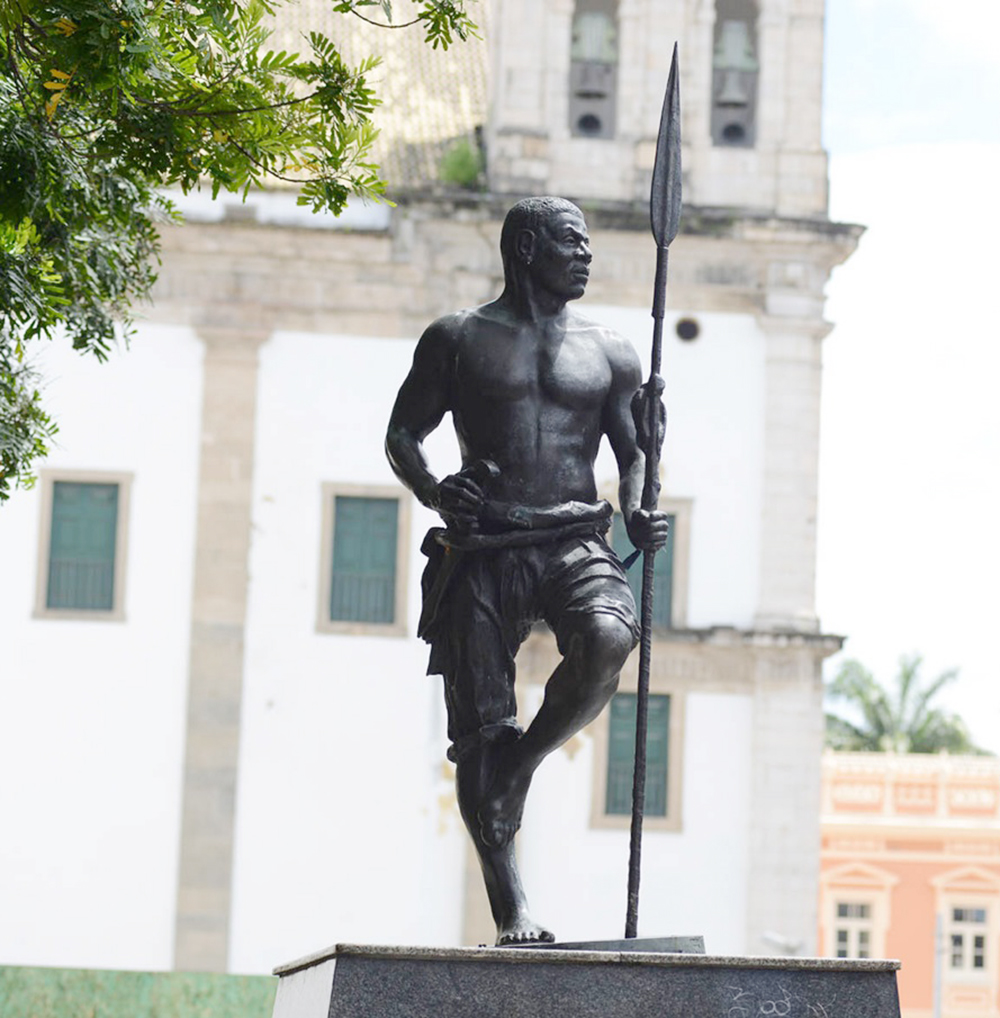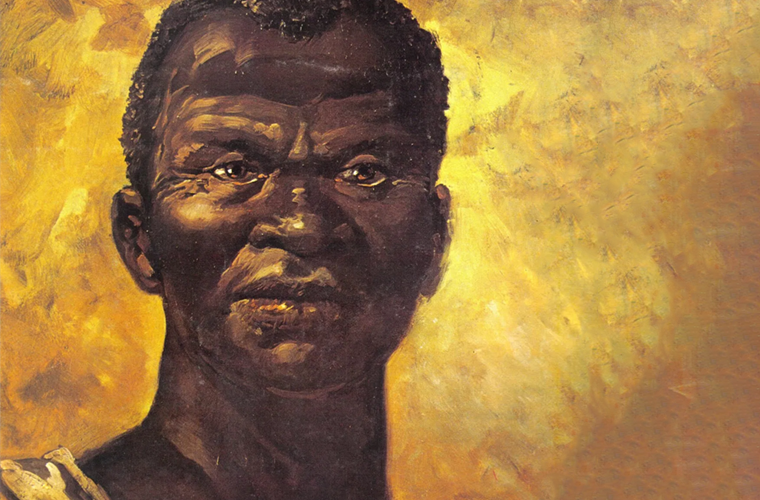Ganga Zumba (c. 1630 – 1678) was a leader of the Quilombo dos Palmares, a community of runaway slaves in colonial Brazil. He is widely regarded as a hero and symbol of resistance against slavery in Brazil.
Ganga Zumba was born into slavery in West Africa and was brought to Brazil as a young boy. He was owned by a Portuguese colonist named Domingos Jorge Velho, who gave him the name “Zumba” after the dance-like movements he made while working in the fields.
Despite his enslaved status, Ganga Zumba became a respected figure among his fellow slaves and was eventually chosen to lead the community of runaways who had established themselves in the Serra da Barriga region of northeastern Brazil. The community came to be known as the Quilombo dos Palmares.

Under Ganga Zumba’s leadership, the Quilombo dos Palmares grew in size and strength, becoming a formidable force that resisted attempts by Portuguese colonists to capture and enslave its inhabitants. Ganga Zumba sought to negotiate with the Portuguese authorities, and in 1678 he agreed to a peace treaty that would grant freedom to the inhabitants of Palmares in exchange for their recognition of Portuguese sovereignty.
However, some members of the community were suspicious of the treaty and believed that it was a ploy by the Portuguese to re-enslave them. One of Ganga Zumba’s nephews, Zumbi, was particularly vocal in his opposition to the treaty, and ultimately staged a coup against his uncle, taking control of the Quilombo dos Palmares and continuing the fight against the Portuguese.
Ganga Zumba was eventually captured and executed by the Portuguese, but his legacy lived on as a symbol of resistance against slavery in Brazil. Today, he is celebrated as a hero of Afro-Brazilian culture, and his story continues to inspire those who fight for social justice and equality.

